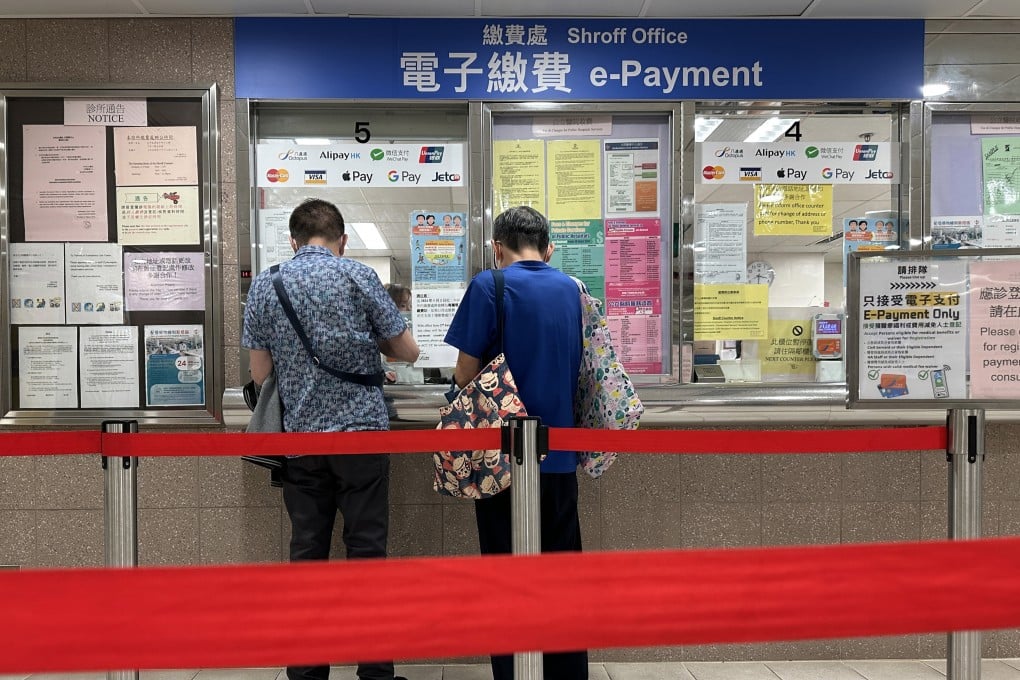Advertisement
Letters | Hong Kong’s rush into raising healthcare charges is a mistake
Readers discuss the three steps the government should take before raising fees, district councillors’ engagement in meetings, and the merits of a courtesy campaign
Reading Time:4 minutes
Why you can trust SCMP
0

Feel strongly about these letters, or any other aspects of the news? Share your views by emailing us your Letter to the Editor at letters@scmp.com or filling in this Google form. Submissions should not exceed 400 words, and must include your full name and address, plus a phone number for verification
Hong Kong’s public healthcare system was built on a promise: no one should be bankrupted by illness. With the government eyeing substantial fee increases for emergency and diagnostic services, we’re left wondering if officials have thought this through. Against a backdrop of an ageing population, younger individuals developing chronic conditions and spiralling medical costs, the proposal is poorly timed. Raising fees without a comprehensive financing plan is like rearranging deck chairs on the Titanic – it misses the iceberg entirely.
The current system, where the government foots 97 per cent of public healthcare costs, has papered over three glaring structural problems. First, we’re facing a severe public-private resource imbalance. Private hospitals enjoy tax breaks and discounted land grants while charging fees that make most citizens recoil. When emergency services costing HK$2,400 (US$310) are priced at just HK$180, is it any surprise patients with minor sniffles flock to public facilities?
Second, the voluntary insurance scheme has turned out to be a damp squib. Without provisions for high-risk pooling or guaranteed acceptance, chronic patients and vulnerable groups have been left high and dry. Third, primary care – the frontline defence that could take pressure off hospitals – remains woefully underdeveloped.
Without tackling these issues head-on, fee increases will hit vulnerable groups hard. Middle-class families already struggle with expenses for cancer medications that cost up to HK$20,000 per month. Working-class residents might delay treatment until their condition worsens, while chronic patients might skip vital check-ups altogether.
The government should implement three substantial solutions instead of rushing towards fee increases.
Advertisement